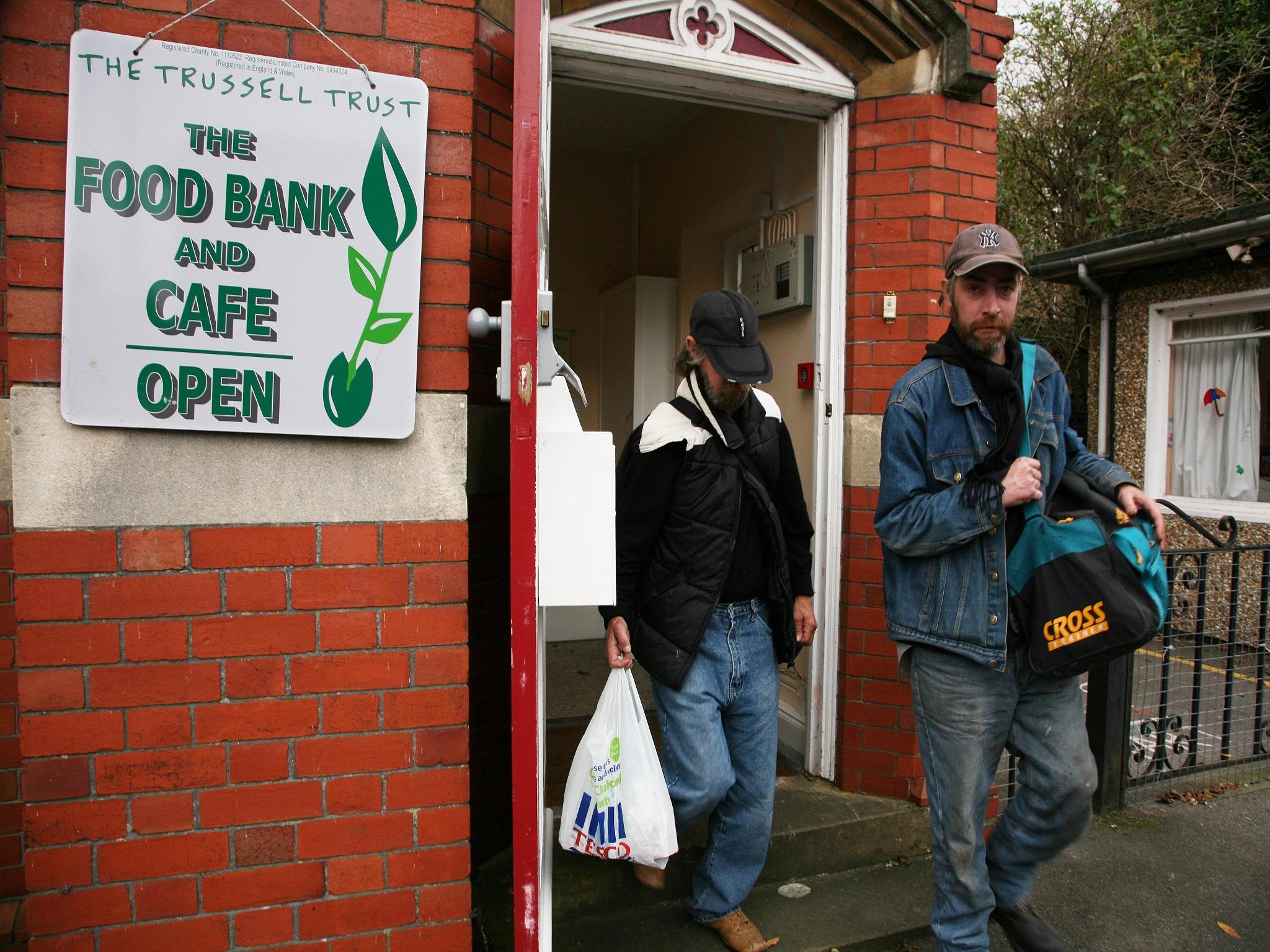Theresa May might be scrapping helpline charges, but the battle to reform Universal Credit goes on
Under the current schedule, a million people will be using Universal Credit within the next few months, up from 600,000. We must get it right before so many are asked to rely on the programme to make ends meet


Yesterday we won the argument on Universal Credit, with a decisive vote in support of our motion to pause the roll out and fix the Government’s flagship social security programme. This came after the Government finally bowed to pressure from Labour and campaigners to scrap charges for the Universal Credit helpline.
Our research has shown that more than 30 million calls have been made to DWP helplines, costing callers over £50m a year on call charges. Some were being charged as much as 55p a minute in their attempt to get help. Meanwhile the Government had contracted the phone lines out to private providers, who were turning a profit on those seeking help.
But although the vote on whether we should pause was won last night, the battle continues. We know that it is the serious flaws in the design of Universal Credit that are driving the rising debt, arrears and even evictions being faced by those brought under the programme. The high cost of calling was aggravating these deeper issues.
Primarily, the six weeks that the Government were asking people to wait between making a new claim and receiving support was leaving families with nothing to live on.
Foodbank use is rising in areas where Universal Credit has been rolled out. Based on local authority estimates, the Greater Manchester Mayor raised concerns that rough sleeping in the city could double over the winter as a result of the programme.
Surely the social security system is there to prevent people getting into debt and suffering hardship, not exacerbate these problems? The Government could follow Northern Ireland and proposals in Scotland and introduce a two week payment system which would go some way to addressing this problem, at little additional cost.
The programme has also suffered deep cuts by this Government that have moved it further away from its original ambitions.
A reduction to the amount you can earn before support is withdrawn, cuts to disability premiums, and an inflexible approach to the self-employed are all leaving people worse off. Some families are losing £2,600 a year compared with the old system. Child poverty is expected to increase by a million children by 2020.
The Government promised that the programme would be simpler, and that it would make work pay. But these ambitions have gradually faded, as Universal Credit came under the Chancellor’s knife, eventually forcing the Work and Pensions Secretary to resign.
The cuts to Universal Credit have meant that the key principle that work should always pay has been lost. The cuts together with the delays in receiving the first payment, the costly call charges to the so-called helpline and other design issues have led to the issues so many claimants now face.
It is therefore vital that the Government looks again at the design of the programme before roll out continues. Under the current schedule, a million people will be using Universal Credit within the next few months, up from 600,000. We must get it right before so many are asked to rely on the programme to make ends meet.
That’s why the Government must respect the decision of the House, reflected in the vote last night, and pause the roll out of Universal Credit. If they do, I stand ready to work with them to improve the programme, to ensure that no-one falls into debt as a result of its design. If they refuse to accept the will of the House and the people they represent, I am ready to do battle again.
We must ensure that we have a social security system that, like the NHS, is there for us all in our time of need, and our proposals for Universal Credit stand at the heart of that ambition.
Debbie Abrahams is a Labour MP and Labour's Shadow Work and Pensions Secretary


Join our commenting forum
Join thought-provoking conversations, follow other Independent readers and see their replies